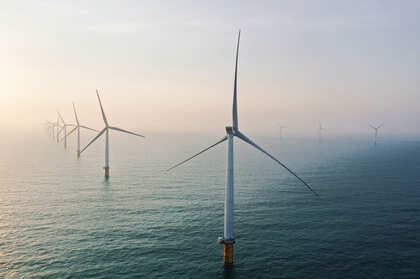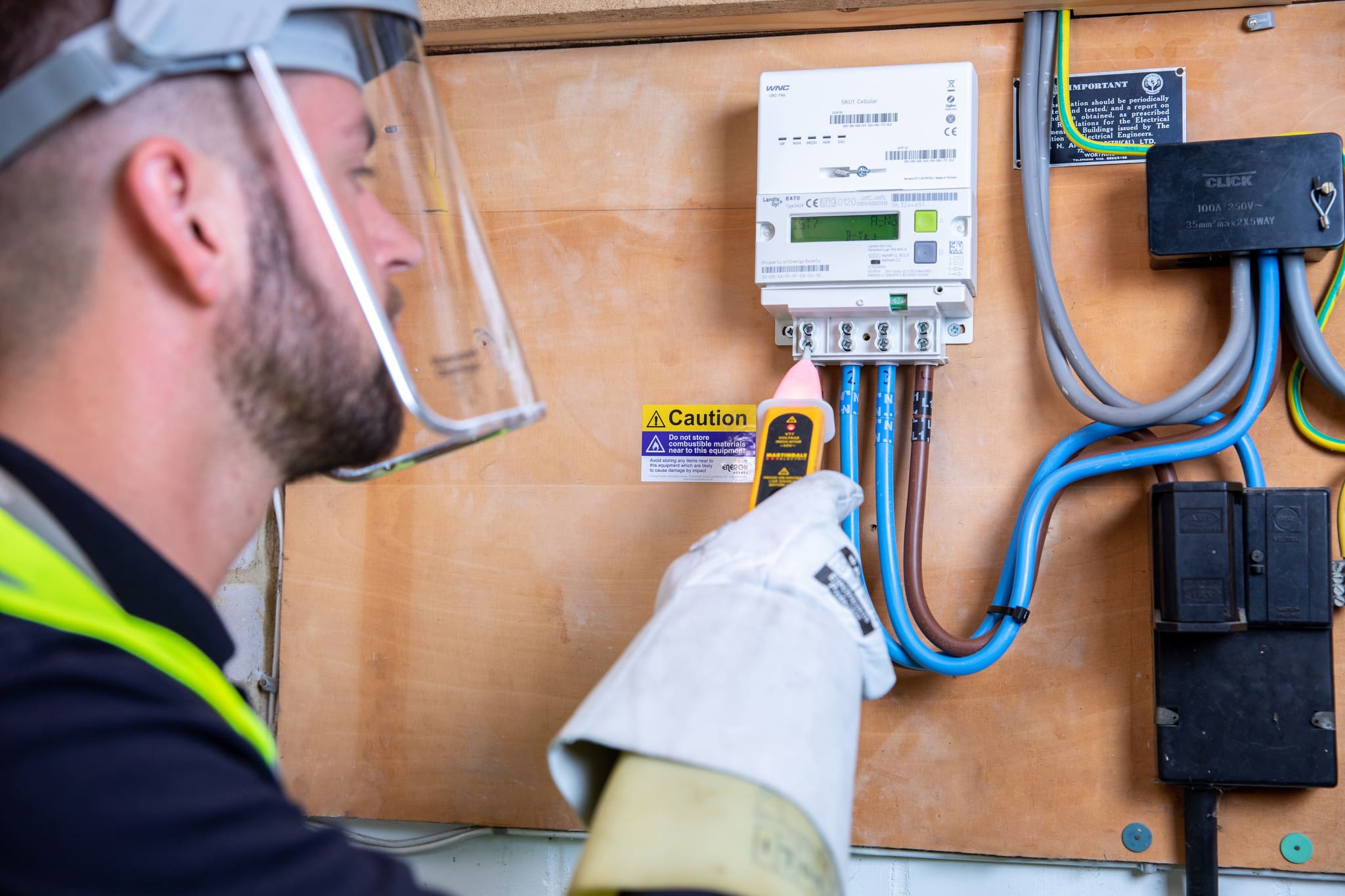What to do in an energy emergency
Energy is incredibly important in the running of our day-to-day lives.

Energy is incredibly important in the running of our day-to-day lives; it switches the lights on, provides you with electricity and heating, and even charges your transportation in some cases. From power outages to gas leaks and everything in between, understanding how to respond and take appropriate action can minimise risks, prevent accidents and ensure the safety of all involved.
Electrical Emergencies
What are the signs of an electrical emergency?
Electrical faults can pose a serious risk to your health and recognising the signs of an emergency is vital to prevent accidents or fires. Here are some symptoms to be aware of:
- Sight – flickering lights or sparks: this could indicate a loose connection, faulty wiring or overloaded circuits. You should avoid using these appliances and switch them off before getting them reviewed.
- Smell – burning or smoke: any burning odour is a red flag, especially if it’s near an electrical outlet or appliance. Try to diagnose where the smell is coming from and switch it off as soon as you can.
- Sound – buzzing or crackling: unusual electrical sounds are a cause for concern, potentially indicating electrical arcing (when electricity jumps from one connection to another) or a short circuit.
- Touch – hot outlets or switches: if your outlets or switches are hot to the touch, this is an electrical problem that needs immediate attention. These appliances should be switched off and unplugged if safe to do so, to avoid a fire.
Gas Emergencies
What are the signs of a gas escape?
The key warning signs to look out for in the event of a gas leak are:
- ‘Eggy’ smells: natural gases are odourless, but gas companies add a substance to give it a distinct sulphur-like smell which is akin to ‘rotten eggs.’
- Unusual sounds: if you hear hissing or whistling coming from a pipe or appliance, this may be a cause for concern and the sound of a gas leak.
- Visible damage: if there is corrosion or rust on gas lines and appliances, this could mean there are cracks for the gas to leak out of.
- High gas bills: if your bills have suddenly spiked, without reasonable explanation such as market fluctuations, this excessive gas consumption may be caused by a gas leak.
What should you do in the case of a gas escape?
- Open all doors and windows to help remove the gas from the atmosphere and reduce the concentration of gas in the air.
- Do not touch electrical devices: this can cause a spark so you should steer clear from touching light switches, plugs, appliances or electrical devices.
- Do not smoke or create an open flame: you should extinguish any open flames and avoid smoking since this could trigger a gas explosion.
- Evacuate the building: you should leave the space and take all other residents with you.
- Turn off the meter at the control handle unless the meter is in the cellar.
- Call the Gas Emergency Line.
How do I report a gas escape?
If you smell gas or are experiencing any of the signs that there might be a gas escape, you should immediately open all windows and doors, extinguish any naked flames and then contact the Gas Emergency Service line on 0800 111 999. You will need to contact your gas supplier with relevant numbers and advisory notices post-emergency.
How do I report energy theft?
If your electricity or gas meter has been tampered with, it can be very dangerous. In the event of seen or suspected energy theft, you should notify us and also report it to Stay Energy Safe by calling 0800 023 2777 or via their website here.





